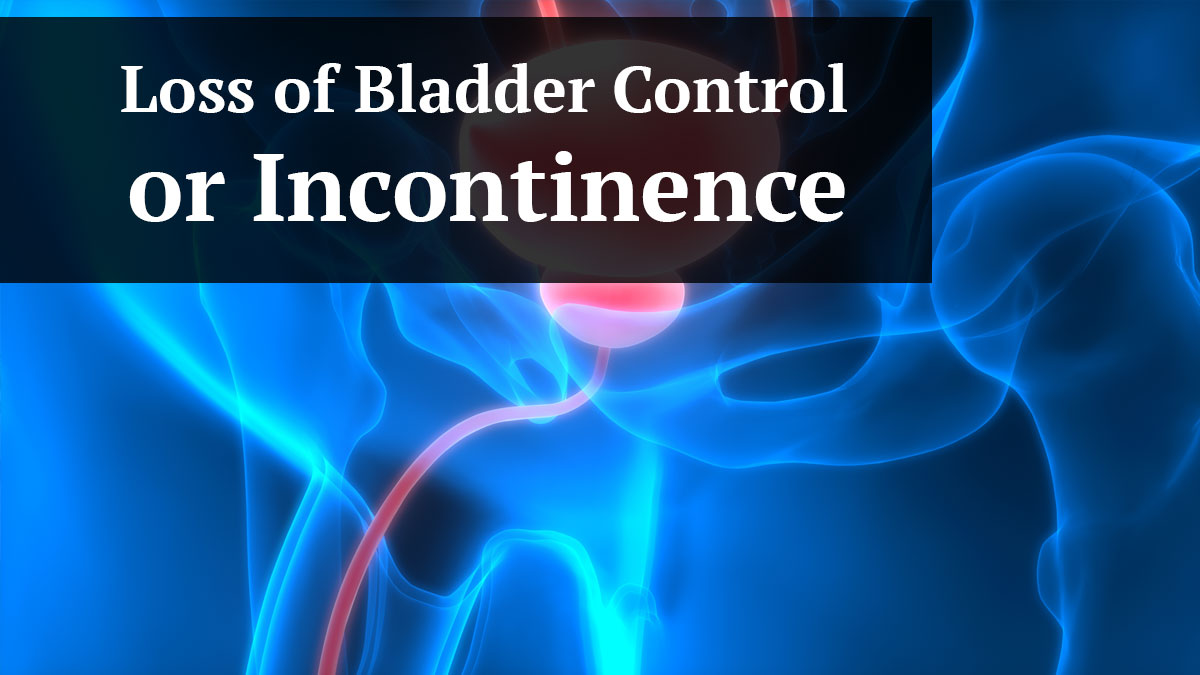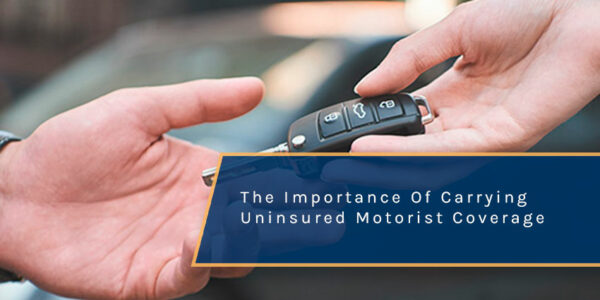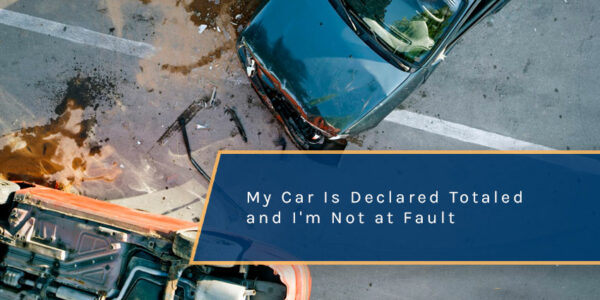
Updated: February 6, 2024 by Sean McQuaid
Informational Injury Guide for Women
At St. Petersburg Personal Injury Attorneys McQuaid & Douglas, we specialize in car accident injuries to women. Our client base is two thirds women, therefore we are in a unique position to encounter various issues that our female clients experience. An issue that we have continued to be made aware of are complaints by women who have begun to experience issues with bladder control and/or incontinence after a car accident.
At first our assumption was that these symptoms were simply a manifestation of complications after childbirth. In fact, this belief was even shared by some of the very women who were experiencing the issues. But, when we began to have reports from women who never had children that they too were experiencing these symptoms, than we realized that this was a larger issue that needed to be addressed. Therefore, we have taken steps to educate our clients and the treating physicians of this issue in order to get the appropriate medical treatment. In this guide, I will provide educational material in case you are experiencing similar issues and are looking for information.
Symptoms of Incontinence
When the signals between the bladder and bowel have been affected due to an injury, this is called a neurogenic bladder or neurogenic bowel. Signs of a neurogenic bladder are loss of bladder control, inability to empty the bladder, urinary frequency issues, and urinary tract infections. Signs of a neurogenic bowel are U, constipation, bowel frequency issues, or not having bowel movements.
What Part of the Spinal Cord Influences the Bladder and Bowel?
The lowest part of the spinal cord is the sacral spinal cord. This portion of the spinal cord transmits information for bladder function, bladder and bowel external sphincters, sexual functions, and some leg muscles. Voiding, or using the bathroom in layman’s terms, involves the sacral spinal cord. Part of the sacral spinal cord is the sacral voiding or micturition center. The “center” receives and sends signals to the bladder. For example, when the bladder becomes filled with urine, a signal is sent to the center and then relayed to the brain that it is time to use the bathroom. If this communication process between the body and the brain is damaged in an accident, the result is incontinence.
It is also possible that spinal cord injuries above the sacral can affect the control of your bladder and bowel. Between the brain and the spinal cord is the brainstem. Like the sacral voiding center, the brain stem also has a voiding center or brain micturition. This brain center sends signals down the spinal cord to the sphincters to tell them to relax. If the spinal cord injury interferes with the signal, the sphincters may not relax, causing a problem called detrusor sphincter dyssynergia (DSD). DSD can cause high pressure to develop in the bladder that can damage the kidneys if untreated.
Yet another problem that is caused by spinal cord injuries at or above thoracic level 6 (T-6) is called autonomic dysreflexia. The effect of this condition is a rise in blood pressure. If you have sustained an injury to this area, it is important to check your blood pressure when you have a full bladder or are voiding. Some have no symptoms of this condition other than the high blood pressure. But, common symptoms associated with autonomic dysreflexia are headaches, sweating, getting flush, goose or chill bumps, anxiety, and a slower pulse rate. Thus, it is important to note how important the spinal cord can be to the bladder and/or bowel. For further information, please contact the National Association for Continence.
Treatment Options for Incontinence After a Car Accident
If you do not tell anyone about the problems that you are experiencing, you run the risk of them not getting any better. Fortunately, there are multiple options for treatment. You may have to tell your treating physician to ask for a referral to a specialist that can go through these options in greater detail.
One way to prevent issues is to train your bowel when to have a movement. The program may begin with a suppository or enema. Training your body to complete the movement at a specific time each day will eventually result in a scheduled process.
Non-Invasive Treatment
- Anal Irrigation– this is a new bowel management therapy to reduce constipation and assist/manage the movement.
- Clean technique intermittent catheterization– in this technique, you or a healthcare professional inserts a catheter through the urethra and into your bladder to empty it.
- Continuous catheter drainage– a healthcare professional may insert a catheter through your urethra or abdominal wall and into the bladder to continuously empty it.
Surgical Treatment
A urologist may perform reconstructive surgery to the bladder that may resolve symptoms and management. A proctologist can perform rectal reconstructive surgery.
Medication Management
There are medications that are available to treat incontinence issues after a spinal cord injury. These medications seek to improve bladder function and manage the timing of bowel movements.
Contact a Car Accident Attorney
According to studies, car accidents contribute to 47% of all spinal cord injuries. If you have experienced issues with incontinence after a car accident, you are not alone. You should not be embarrassed. We understand that you have been injured and that you need help. We have handled many similar cases to yours and have recovered compensation for women based on these symptoms. If you get diagnosed with a spinal cord injury after a car accident that has led to incontinence and have received medical treatment, your claim may be very valuable. Juries can relate to these issues and feel sympathy for women who have experienced these inconveniences to their lives. If you have been injured in a car accident and want to discuss a claim, please contact us for a free consultation.






















